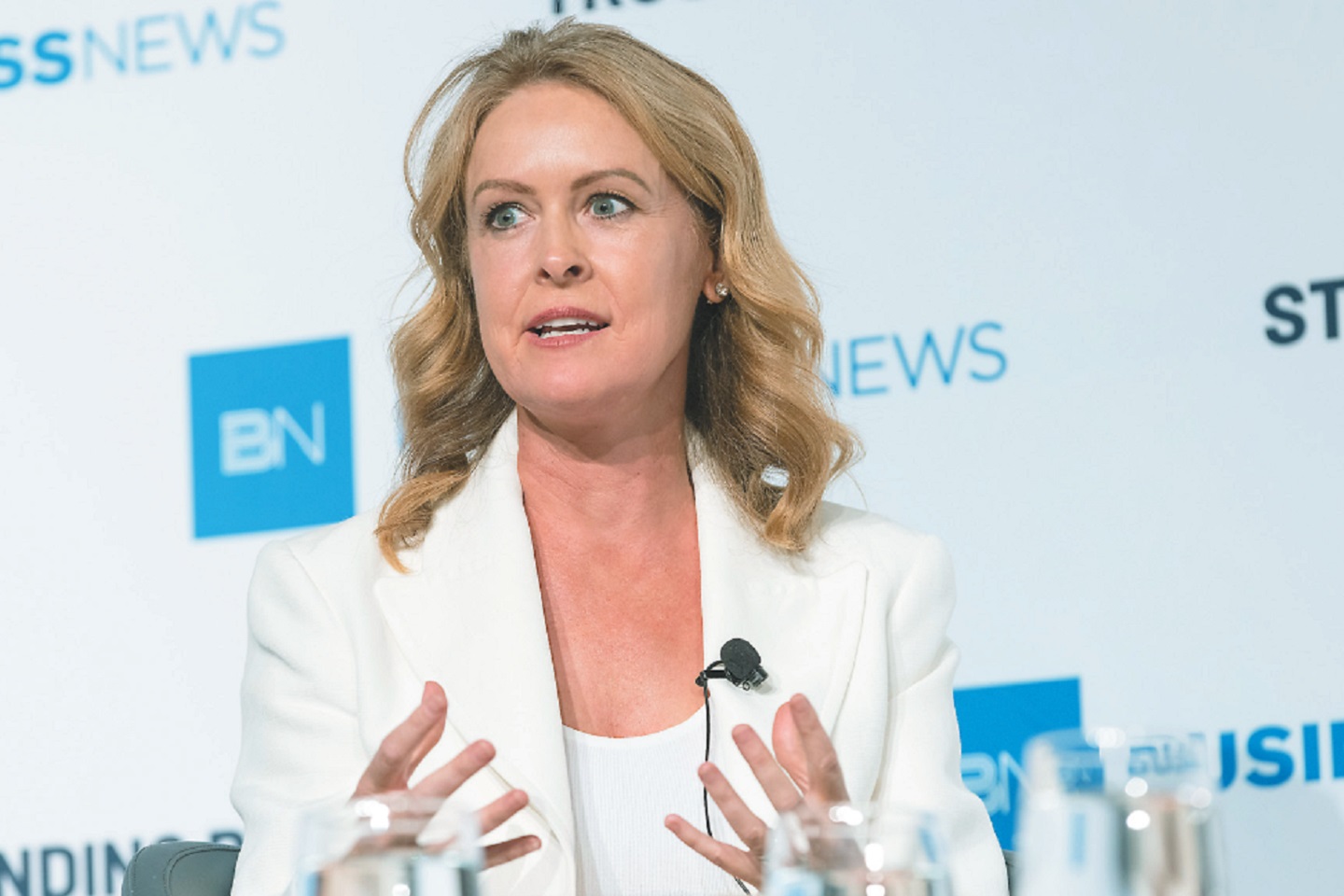Now is not the time to be timid; it is the time to be bold.


Chief scientist Peter Klinken could have been having a bet each way when he told a recent Business News event that Western Australia should ‘seize the day’.
I’m not sure whether he was referring to the McGowan government’s tentative steps toward reopening WA to Australia and the world or highlighting the opportunities available to the state’s creative and innovative business minds.
Professor Klinken was addressing a Crown ballroom brimming with leaders from the defence, mining, medical, arts and tourism sectors.
The title of the Business News event was Destination State, and it was deliberately held two days before the hard border to the east was scheduled to come down on February 5.
Sometimes the show just must go on. You can’t have a destination – a special place to visit – until people are allowed to go there.
As I write, WA remains closed off – a bit like North Korea, according to bemused Qantas boss Alan Joyce – and only those with special exemptions under the Emergency Management Act can enter.
This brings me to another face in the crowd listening closely to Professor Klinken’s pitch.
On March 16 2020, then health minister Roger Cook declared a Public Health State of Emergency.
The emergency services minister at the time, Fran Logan, signed it and the document responsible for the extraordinary powers entrusted to WA Police has remained valid ever since.
It is the lawful cornerstone that ensures WA is definitely not a destination.
Mr Cook is now the tourism minister; don’t tell me that isn’t ironic.
He officially took over the portfolio on December 17, four days after Premier Mark McGowan “locked in” the February reopening.
Like the rest of us, Mr Cook must now bide his time. He is using it to meet with tourism industry leaders to plan a way forward when the fortress folds.
Tourism WA chair Di Bain was also a speaking guest at the Destination State event.
She played a straight bat when asked by Business News senior editor Mark Beyer what she thought of the current hard border settings.
But Ms Bain and her team know that the longer the ‘us-versus-them’ mentality of managing this pandemic goes on, the harder it will be to sell the west to the rest.
If Mr Cook is looking for inspiration, he only needs to glance back to April 2020.
His enthusiastic predecessor, Paul Papalia, issued a media release headlined ‘WA tourism numbers reach record high before COVID-19 pandemic’.
The key to valuing the tourism industry at $11 billion in 2019 was not WA travellers wandering out yonder; it was the interstate and international visitors.
More than 500,000 overseas tourists came to see what WA had to offer and they spent $870 million during their stay. The number of people crossing the Nullarbor by road, rail and air rose a staggering 21.4 per cent, and they poured $857 million into the WA economy.
Mr Papalia lauded the enhanced reputation the state now had with overseas marketers.
WA was on the map.
“These are extremely tough times for our tourism industry, but I hope that our operators find some comfort in these figures to know that what they were doing before was working and they had helped the sector rise in value to a record $11 billion,” Mr Papalia said.
Since the borders closed, the highly prized visitation figures have been redundant.
In the latest Sam Kekovich lamb advertisement for television, the premier’s persistent caution over COVID-19 provides the punchline.
Mr McGowan is depicted in his office straightening a framed map of WA, which is titled ‘The World’.
Well, it’s the only destination we have right now. But there’s nothing bold about keeping it to ourselves.
The longer we do, the more fearful we become, and the less chance elements of the tourism sector have of survival.
“We need to seize the day,” Professor Klinken told the luncheon.
“WA – wait a while – is unacceptable.”












